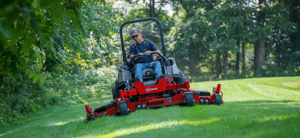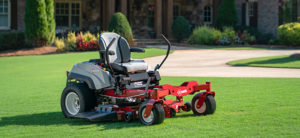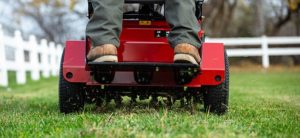You might not think the type of mulch you use to surround your plants and flowers will make a big difference (except in terms of aesthetics), but this is one area where you want to spend a little time making the right choice. If you’re looking for another Done-in-a-Weekend project, this is a great one.
In addition to providing an attractive touch to your home’s landscaping, mulch provides weed control and helps maintain soil moisture. Depending on which type of mulch you choose, your garden could require regular weeding and watering, or you could be able to let your flowers take care of themselves for a while.
The number one piece of advice to take away in this video is that you should always match your mulch to the plants you have growing in the area. This may mean that you will need to vary your mulch by plantings—and that’s okay. In fact, the different mulch types and textures could provide a beautiful finish to your landscape.
The main types of mulch include:
- Pine Needles/Pine Straw – This inexpensive mulch (grass clippings are another choice) is easy to get your hands on and maintain.
- Hardwood Mulch – More attractive than pine straw, without a lot of upkeep.
- Dyed-Wood Mulch – The different color choices can provide color contrast with lawn and flowers, but some of the dyed options can contain additives. Always look for raw vs. recycled brands.
- Pine Nuggets – These vary in size from mini to jumbo, so you can decide which option looks best for your yard.
- Stone – This high-impact look requires the most upkeep and causes warmer soil conditions, but offers one of the most elegant finishes.
No matter which mulch you choose, remember that it does need to be refreshed from time to time.
SHARE





